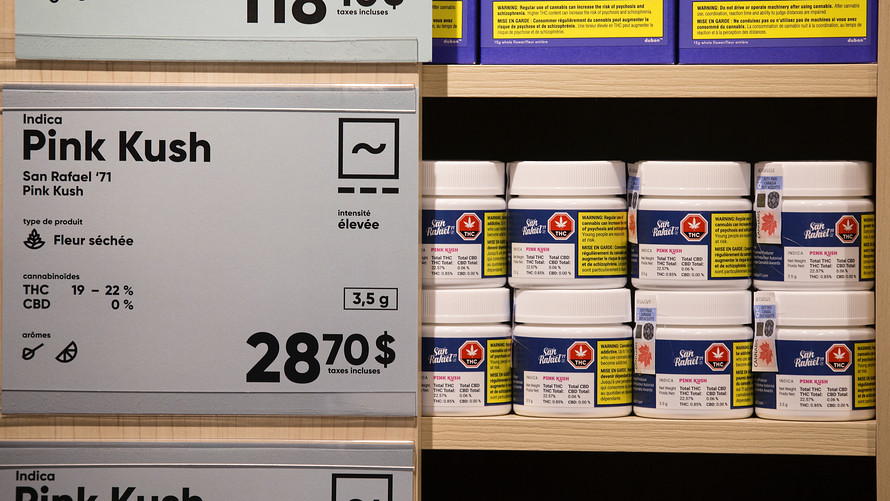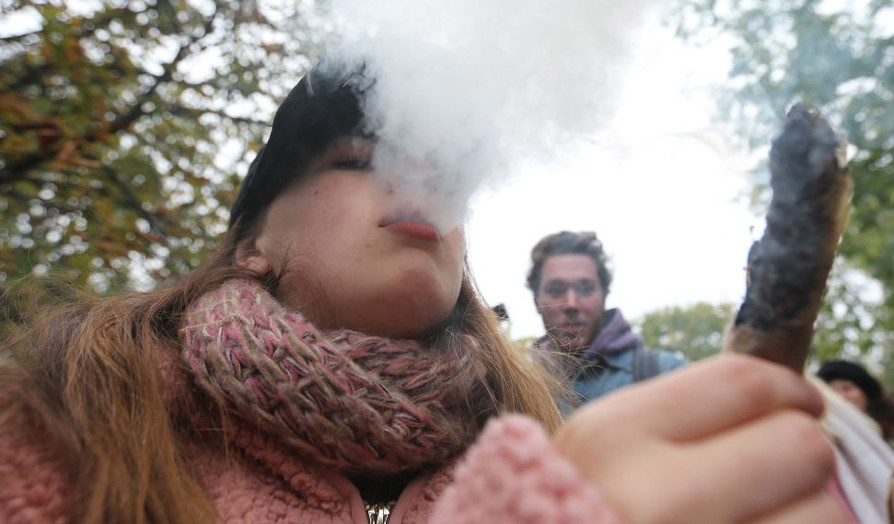As the czar of Colorado’s marijuana program, Barbara Brohl says she is neither pro- nor anti-pot.
But she believes the legal market for the drug is eating into the black market, funding drug abuse treatment and prevention and providing a safer product.
The roughly $200 million in tax revenue from more than $1 billion in sales last year funds all that, she says, plus provides $40 million for schools.
Brohl spoke Wednesday to a panel of Illinois lawmakers considering a proposal to make marijuana use legal in the state. While sponsors say the bill won’t get a vote this legislative session, they’re beginning a series of hearings on how to craft the law.
As proposed, the law would allow possession of up to one ounce of pot by people 21 and over. Driving under the influence would remain illegal, and smoking in public would be prohibited.
“Prohibition doesn’t work,” state Sen. Heather Steans, a Chicago Democrat, said. Taxing and regulating pot, she said, would create jobs and generate an estimated $350 million to $700 million a year in tax revenues for the debt-ridden state.
The hearing generated some hard feelings by marijuana opponents who weren’t allowed to testify. Riverside police Chief Tom Weitzel represented the Illinois Association of Chiefs of Police, which opposes the measure.
“I don’t know why they didn’t reach out before this and ask us for our opinion and see if there’s some compromise,” he said, “because our officers are the ones doing the enforcement.”Sponsors said opponents and advocates would have ample opportunity to testify at future hearings.
Brohl, who heads Colorado’s Department of Revenue, said there are about 3,000 licensed marijuana businesses in her state, about half medical and half recreational. License holders undergo extensive background checks, she said, and individuals are also allowed to grow up to six plants for their own use.
Some Republican lawmakers on the panel expressed concerns about public safety and how the industry operates largely with cash, because federal regulations discourage normal banking and credit card use.
Peter Bensinger, a former administrator of the U.S. Drug Enforcement Administration, cited federal statistics showing marijuana use among teenagers initially increased 20 percent in the first two years after legalization in Colorado, compared with the two years prior. Bensinger also cited a near-doubling of emergency department visits and an increase in traffic deaths related to marijuana.
But a more recent and much larger state survey found that use among teens was essentially unchanged, and Brohl said the increase in hospital visits may relate to a greater willingness to admit use.
Marijuana remains illegal under federal law. The Obama administration generally allowed state marijuana programs to operate, while officials under President Donald Trump have signaled they are open to medical marijuana, which is legal in Illinois for those who qualify, but not recreational use.
The hearing came the day before April 20, when some marijuana users smoke in public gatherings in support of legalization.
credit:chicagotribune.com
















